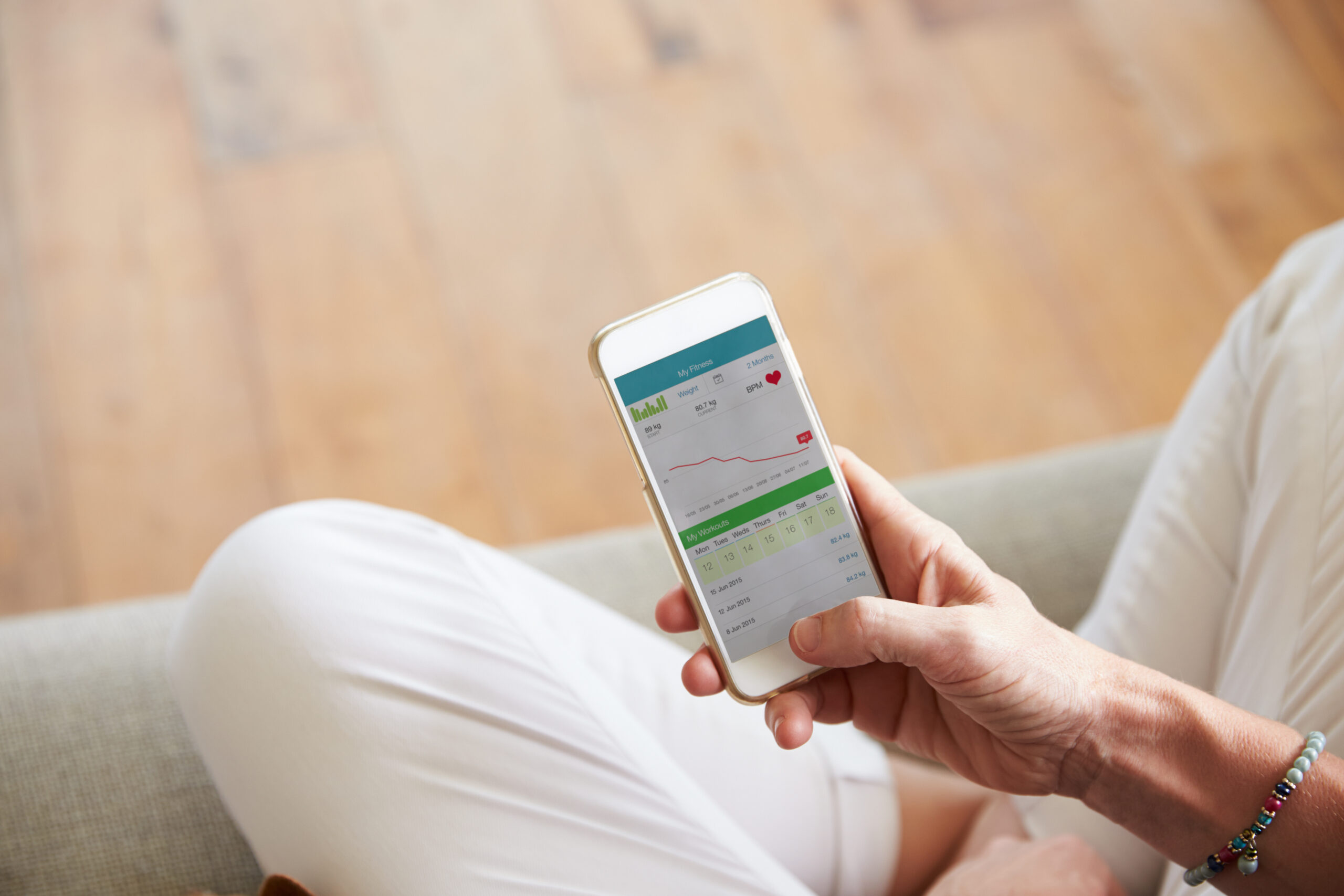latest
Tony Blair Institute calls for NHS to introduce digital health record for every citizen
A new digital health record would bring together all a patient’s data and act as a single source of truth, the report says
“Health data are what AI is trained and deployed on – and, increasingly, data are used to regulate AI. A DHR would support the development, adoption and spread of AI technologies in the NHS, supporting the drive to increase productivity.” Preparing the NHS for the AI Era: A Digital Health Record for Every Citizen, Tony Blair Institute report
A new report from the Tony Blair Institute for Global Change has called for the introduction of a digital health record (DHR) for every citizen by 2029.
The report, Preparing the NHS for the AI Era: A Digital Health Record for Every Citizen, notes that a patient’s health and care data currently “sit in silos across hospitals, GP practices, pharmacies and phones.”
The Institute’s proposal is to build a central database (a “data core”) which brings together all a person’s health information into one location hosted on a cloud infrastructure. Because this record would include details of every interaction a patient has with health providers, it would act as a “single source of truth”. As hospital visits tend to be episodic, the biggest impact would be in primary care, the report says.
Understanding a population’s risk profile
Each record could then be accessed via three portals: one for the patient, one for providers and one for insurers. Given that the NHS is not an insurance-based system, this might seem controversial, but the report says that the NHS should make use of patient data in the way an insurer would, using it to “understand the risk profile of its population” and “guide decisions about entitlements and allocation of spending”.
DHRs will be key to unlocking the benefits of new technologies and establishing new models of care, the report says. It notes that DHRs are “fast becoming the foundational building blocks of modern health systems, with countries across the world investing in this critical piece of digital and data infrastructure.” The report cites Estonia as an example, pointing out that every citizen has a DHR, while 20% have had their genome mapped and linked to their DHR.
In particular, the report argues, a DHR would help the NHS prepare for the AI era. “Health data are what AI is trained and deployed on – and, increasingly, data are used to regulate AI,” it says. “A DHR would support the development, adoption and spread of AI technologies in the NHS, supporting the drive to increase productivity.”
In India, for example, the Apollo Hospitals Group has created its own clinical intelligence engine (CIE): a clinical decision support tool trained on personal health data from its millions of patients, as well as the insights of its many clinicians and peer-reviewed journals. “The CIE now has more than 1,300 conditions and 800 symptoms in its vocabulary, and it is available to all 4,000 Apollo doctors through a clinician portal and to all customers through a smartphone app,” the report says.
The patient portal part of the DHR could act as a “digital marketplace” for consumer apps that allow people to manage their own health, the report says. Citizens could choose to share their DHR with the app to receive more tailored advice.
Building on existing infrastructure
Creating a DHR, however, is a complex business, and previous large-scale NHS data projects have been unsuccessful. The report makes some suggestions about how a DHR could be implemented. One of its suggestions is to build on existing health record infrastructure, such as the shared care record. As an example, it cites the One London record, a collaborative of five integrated care systems and the London Ambulance Service to give all health professionals access to patient data when they need it. The report suggests expanding on this to add functionality and extend it to areas not currently covered.
The Tony Blair Institute is not the only organisation to call for a DHR. Earlier this year the Times Health Commission included a “patient passport” (as DHRs are also known) as one of its 10 recommendations to improve health care. The prime minister, Keir Starmer, said before the election that he was supportive of the idea, and polls have shown that the majority of the public also backs the creation of a DHR.
The report recommends a series of steps the government could take to implement a DHR, including committing to creating a DHR for every citizen within one term; establishing a unit within the Department of Health and Social Care to deliver the DHR; and legislating to compel all vendors of electronic health records (EHRs) to comply with internationally recognised interoperability standards, and have open APIs.
FCC Insight
At FCC, we wholeheartedly endorse the Tony Blair Institute’s call for a digital health record (DHR) for every citizen. A DHR is crucial to giving patients more control over their own health information and to moving towards a more integrated model of care. Too often, hospital doctors are unable to access vital information in the primary care record, and vice versa.
The creation of a DHR will also enable a much greater degree of data-driven decision-making. This will lead to improvements in patient care, as well as greater efficiency in the health service. The ability to harness data at a national level and use it to train artificial intelligence (AI) models could be genuinely transformative.
Finally, the NHS is sitting on a treasure trove of patient data. Five years ago, a report from the consultant Ernst & Young argued that the patient records held by the NHS could have an indicative market value of £5bn a year to a commercial organisation. The opportunities for the NHS to derive value from a centralised DHR, provided proper privacy controls are put in place, are substantial.
